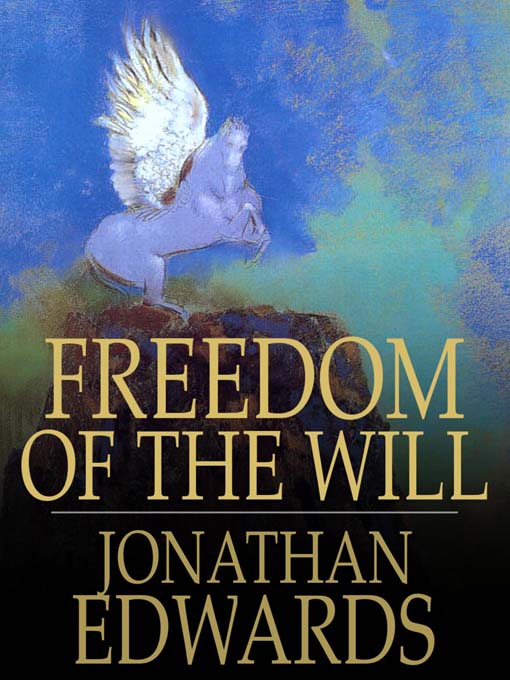IT may possibly be thought, that there is no great need of going about to define or describe the Will; this word being generally as well understood as any other words we can use to explain it: and so perhaps it would be, had not philosophers, metaphysicians, and polemic divines, brought the matter into obscurity by the things they have said of it. But since it is so, I think it may be of some use, and will tend to greater clearness in the following discourse, to say a few things concerning it.
And therefore I observe, that the Will (without any metaphysical refining) is, That by which the mind chooses any thing. The faculty of the will, is that power, or principle of mind, by which it is capable of choosing: an act of the will is the same as an act of choosing or choice.
If any think it is a more perfect definition of the will, to say, that it is that by which the soul either chooses or refuses, I am content with it; though I think it enough to say, it is that by which the soul chooses: for in every act of will whatsoever, the mind chooses one thing rather than another; it chooses something rather than the contrary or rather than the want or non-existence of that thing. So in every act of refusal, the mind chooses the absence of the thing refused; the positive and the negative are set before the mind for its choice, and it chooses the negative; and the mind's making its choice in that case is properly the act of the Will: the Will's determining between the two, is a voluntary determination; but that is the same thing as making a choice. So that by whatever names we call the act of the Will, choosing, refusing, approving, disapproving, liking, disliking, embracing, rejecting, determining, directing, commanding, forbidding, inclining, or being averse, being pleased or displeased with; all may be reduced to this of choosing. For the soul to act voluntarily, is evermore to act electively.
